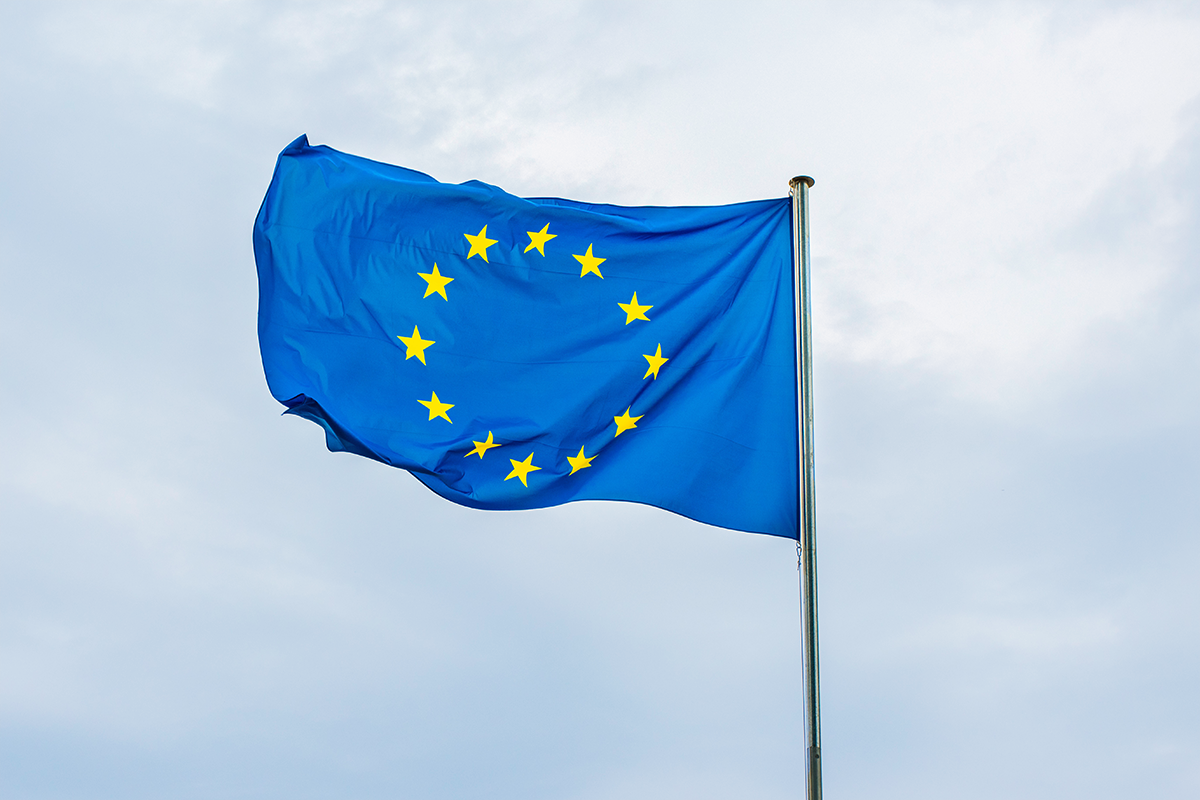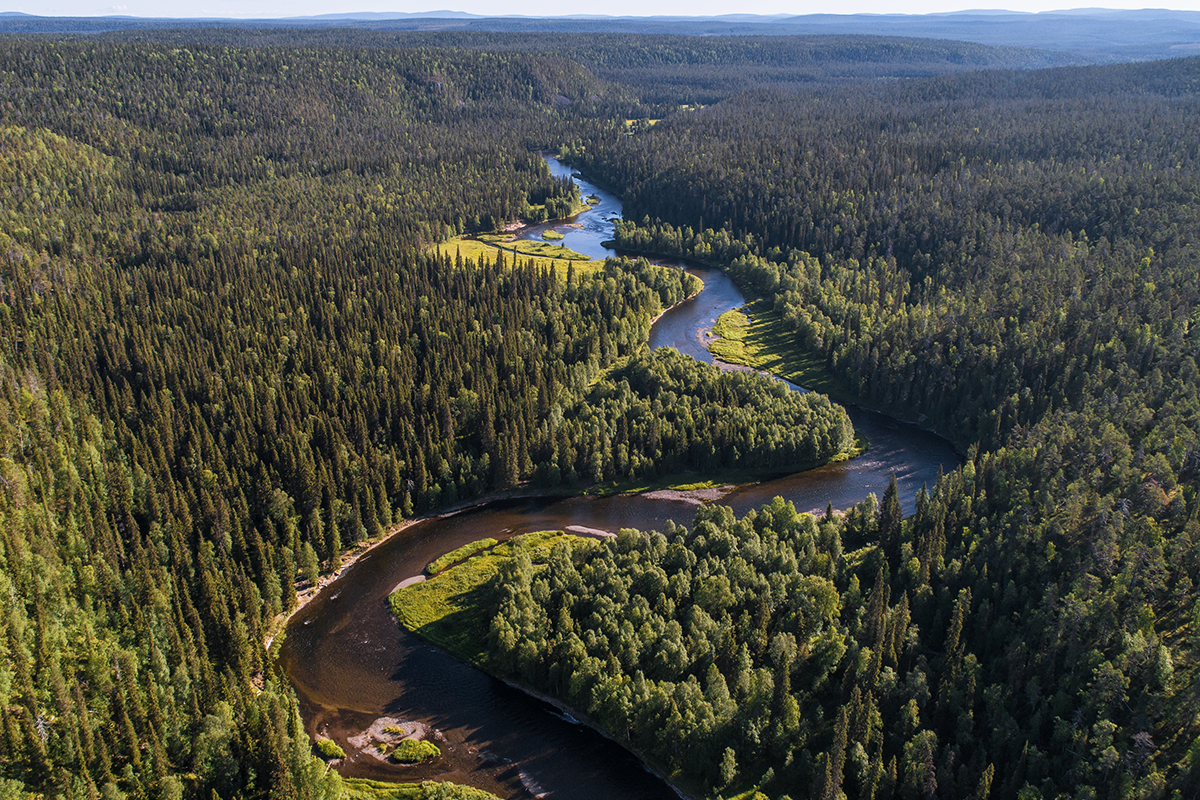The EU’s Nature Restoration bill passing marks a vital win for the environment

Update 28th February 2024
The EU Nature Law has narrowly survived its final vote at the European parliament amid fierce opposition. It received 329 votes in favour, 275 against, and 24 abstentions. Since it was voted on last summer, the policy has been diluted in response to pushback from far-right lawmakers. It will now be put to a vote at the EU Council before it can come into effect.
After months of debate, MEPs voted to place recovery measures on 20% of land and sea in the EU by 2030. This means that EU countries will have to restore 20% of degraded areas within their borders, rising to include all degraded ecosystems by 2050.
The Nature Restoration Law will play a key role in not only halting, but also restoring lost biodiversity. This is incredibly vital in reversing the environmental damage caused by unmitigated human activity and climate change.
Designed to combat the fact that 81% of habitats in Europe are in poor condition, the Nature Restoration Law establishes legally required targets across seven areas of concern, including pollinating insects, river and marine ecosystems, peatlands, farmlands, and grasslands.
With 336 votes in favour, 300 against, and 13 abstentions, the bill only passed by a narrow margin. Several amendments were made to the original proposal to help it pass, which many green groups lamented as a loss for the environment. This included delaying the implementation of the law and dropping a proposal to restore agricultural ecosystems.
Some MEPs argued that the law would hurt food security and punish food producers already struggling from the pandemic and the energy crisis, forcing them to pay for the new measures. But scientists and progressive lawmakers in favour of the bill have robustly rejected the claim that restoring nature is bad for food and the economy.
On the contrary, nature restoration is vital for safeguarding our ecosystem services, upon which 55% of global GDP relies. This means that for us to secure food production and maintain a strong economy, nature restoration is essential.

An open letter, signed by 6000 scientists across EU member states and 30 other countries rejected the arguments against the bill. Numerous studies have demonstrated that restoring nature improves food security, supports fisheries, creates jobs, and saves money. They also point out that the EU wants fishers to decarbonise the fleet and safeguard the environment using existing funding.
Lobby groups have been spreading misinformation that is misleading farmers. This includes the debunked claims that two windfarms in the Netherlands will be closed and that the Finnish city of Rovaniemi will be turned into a forest.
Farmers who have already faced troubling times are understandably anxious about what the new bill will mean for them, that is why we work in collaboration with farmers and landowners to help safeguard their livelihoods. We invest in sustainable land management strategies, giving farmers new skills to improve the productivity of their land and restore nature.
Through our Habitat Banks, we help landowners diversify their income using their least productive land – ensuring positive gains for both nature and rural economies. Only by listening to robust, ecological expertise and fostering relationships built upon honesty and transparency can we effectively collaborate to achieve our collective goals.
